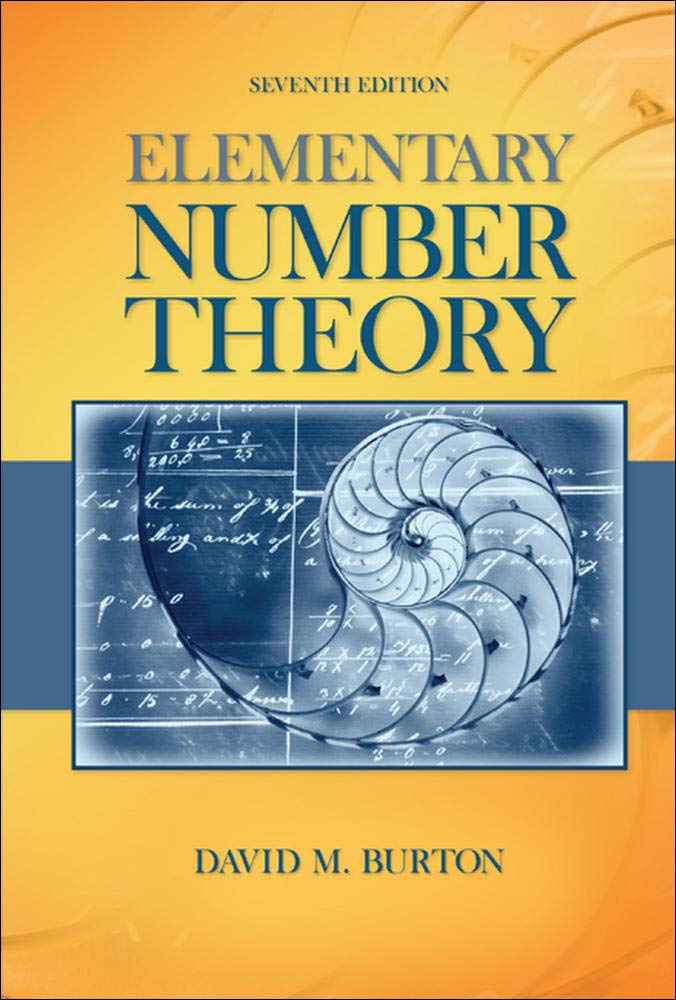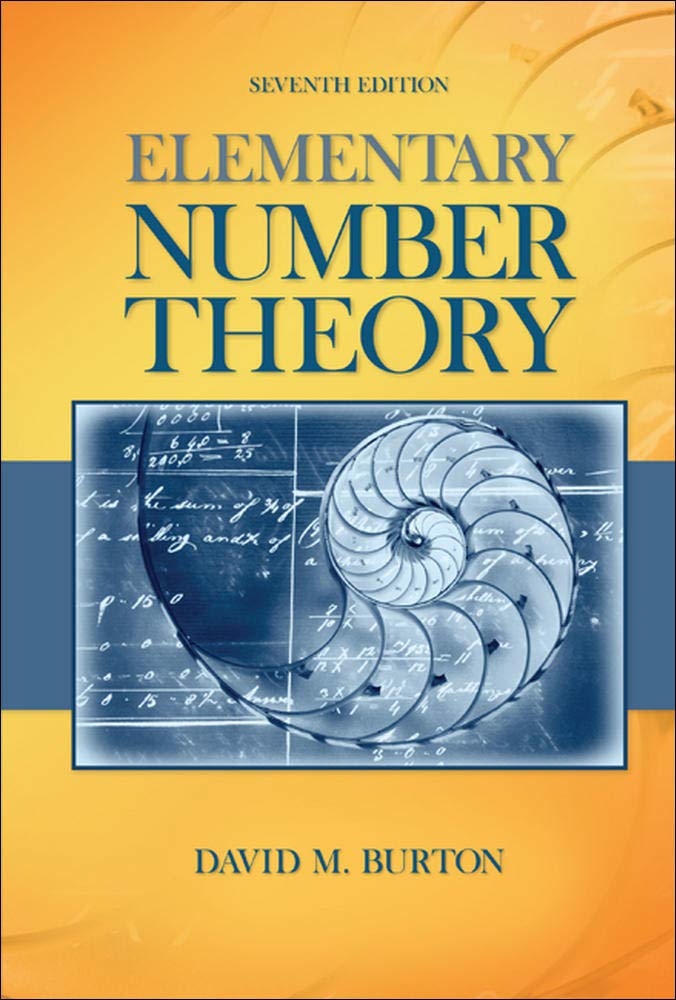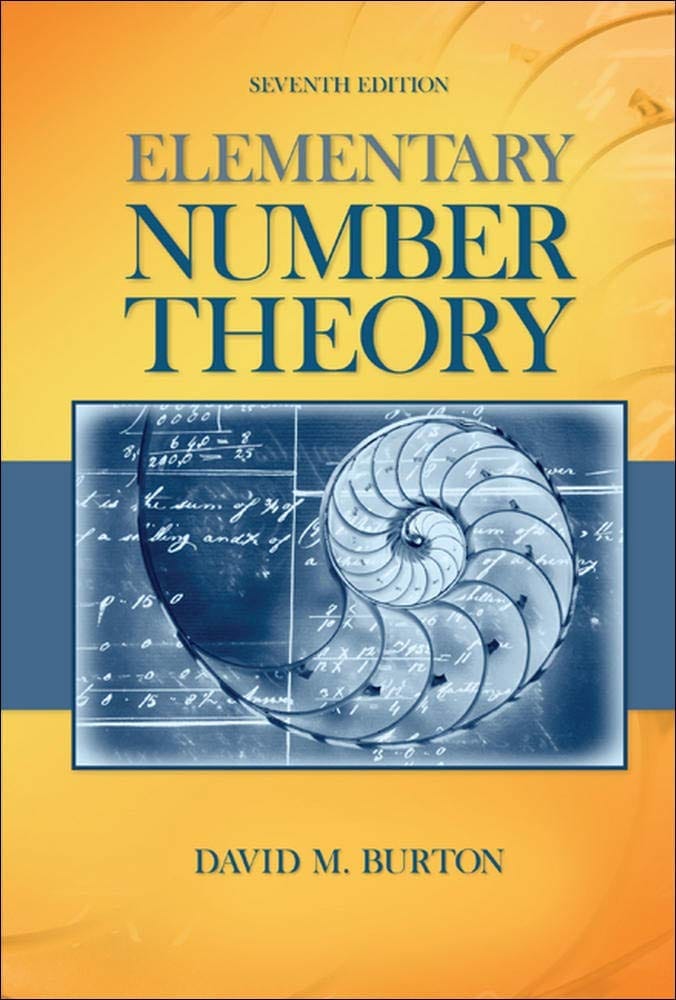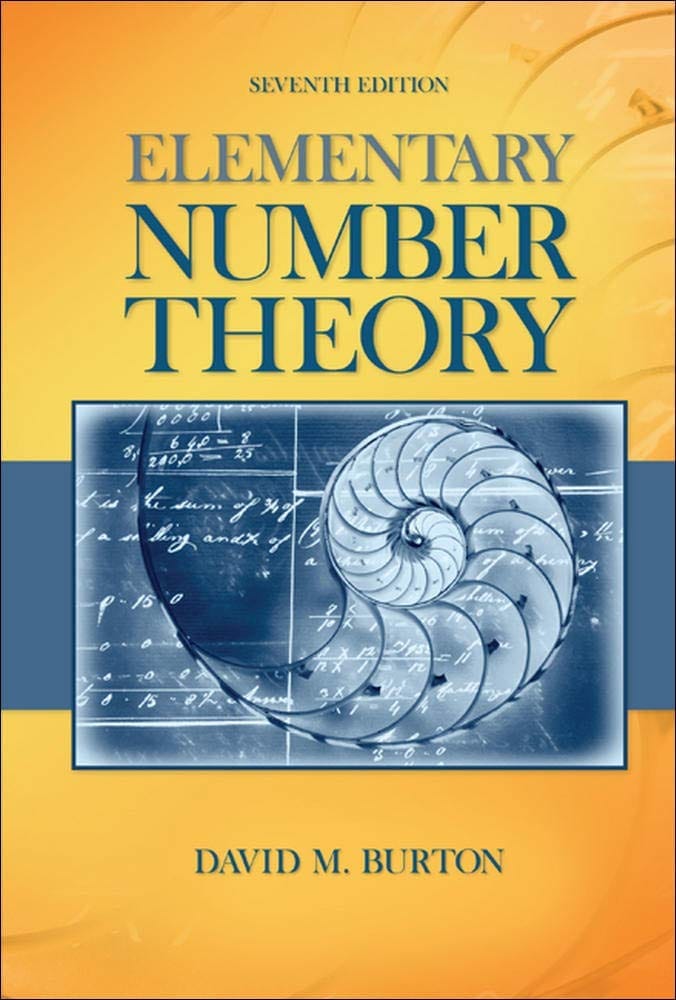
Elementary Number Theory Problems 3.2 Solution (David M. Burton's 7th Edition) - Q8
My Solution for "Assume that there are only finitely many primes, say $p_{1}, p_{2}, ..., p_{n}$. Use the following integer to arrive at a contradiction: $N = p_{2}p_{3} \cdots p_{n} + p_{1}p_{3} \cdots p_{n} + \cdots + p_{1}p_{2} \cdots p_{n-1}$"
Background
All theorems, corollaries, and definitions listed in the book's order:

I will only use theorems or facts that are proved before this question. So you will not see that I quote theorems or facts from the later chapters.
Question
Give another proof of the infinitude of primes by assuming that there are only finitely many primes, say $p_{1}, p_{2}, ..., p_{n}$, and using the following integer to arrive at a contradiction:
$$ N = p_{2}p_{3} \cdots p_{n} + p_{1}p_{3} \cdots p_{n} + \cdots + p_{1}p_{2} \cdots p_{n-1} $$Solution
Because $N \gt 1$, there exists a prime $p$ such that $p \mid N$ by Theorem 3.2.
Let $a_{i} = p_{1}p_{2} \cdots p_{n}$ where $p_{i}$ is missing. This means $N = a_{1} + a_{2} + \cdots + a_{n}$.
The rest is for Premium Members only
SubscribeAlready have an account? Log in

